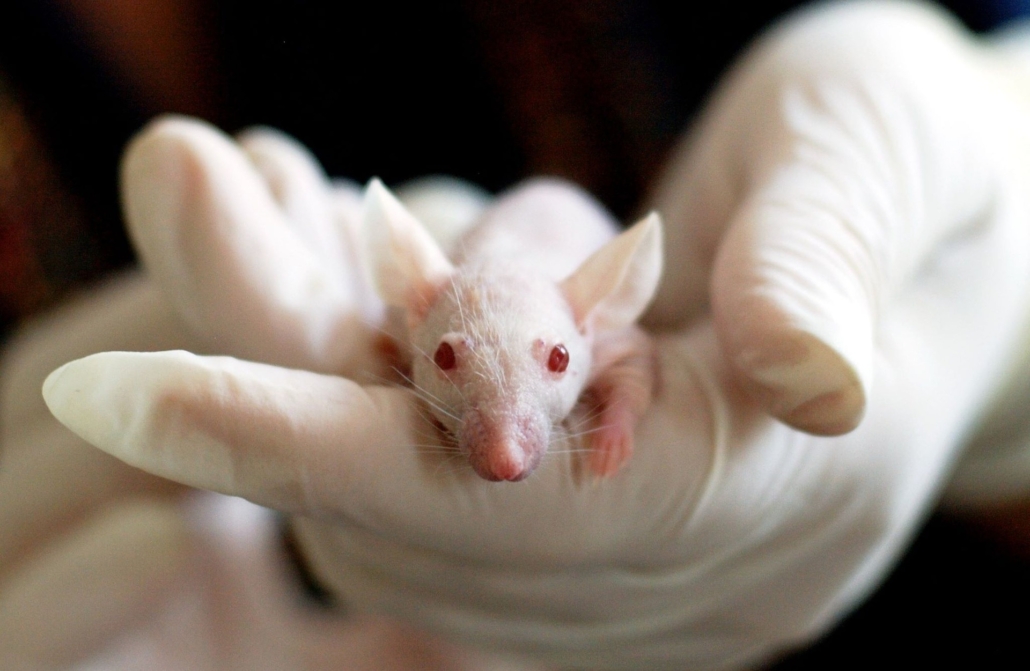
Protein protects against liver fibrosis
German researchers have shown that a protein protects against the development of liver fibrosis by shutting down inflammatory signalling in liver stellate cells of the liver.
In mice, a team headed by Philipp Lang from University Düsseldorf, Germany, showed that the iRhom2 protein counteracted the injury- and inflammation-induced transformation of hepatic stellate cells into matrix-secreting myofibroblasts that promote bile duct ligation-induced fibrosis. Mice lacking iRhom2 did no longer interact with the ADAM17 protein, which supports shedding of he pro-inflammatory cytokine TNF-alpha from stellate cells and inactivates TNF-?lpha receptors. Previous research has suggested that disruptions in TNF-? shedding from cells could contribute to fibrosis and inflammation in conditions such as chronic liver disease.
Specifically, first author Balamurugan Sundaram and colleagues observed that concentrations of ADAM17 and iRhom2 rose during the development of liver fibrosis in the rodents and saw that TNF-? receptors were elevated in plasma samples from 49 patients with liver cirrhosis. Mice lacking the gene encoding iRhom2 showed more severe liver fibrosis and more activated hepatic stellate cells (HSCs). The authors then treated the iRhom2-deficient animals with the TNF-alpha blocker etanercept (EnbrelTM), and found that the animals showed less stellate cell activation and less severe liver fibrosis.
The researchers suggest to carry out future studies to find out if the effects of iRhom2 are also protective in other diseases that have been linked to TNF-? signaling. Globally, 1 million people die from liver cirrhosis each year.




